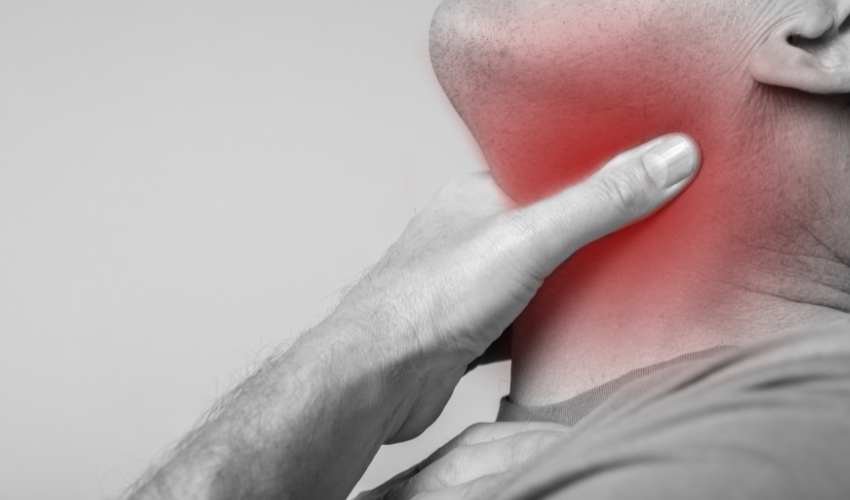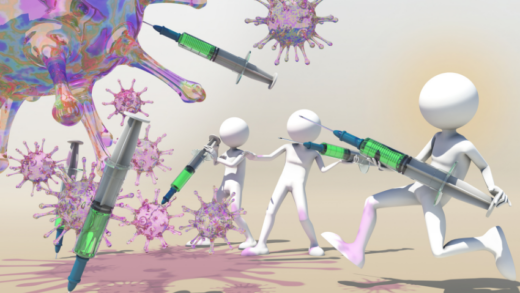Anaphylaxis is a severe and potentially life-threatening allergic reaction that requires immediate medical attention. It can occur when a person comes into contact with an allergen, such as food, medication, insect stings, or latex. Anaphylaxis can happen suddenly and progress rapidly, so it’s important to know the symptoms and seek emergency medical care if you or someone you know experiences them.
In this article, we will discuss the symptoms of anaphylaxis, including common and less common signs, and how to recognize them. We will also cover some frequently asked questions about anaphylaxis and provide answers to help you better understand this serious condition.
Symptoms of Anaphylaxis:
The symptoms of anaphylaxis can vary from person to person and can develop rapidly, often within minutes or seconds of exposure to an allergen. Some common symptoms of anaphylaxis include:
- Skin reactions: hives, itching, flushing, and swelling (angioedema) of the face, lips, tongue, and throat
- Respiratory symptoms: shortness of breath, wheezing, coughing, chest tightness, and difficulty breathing
- Cardiovascular symptoms: rapid or weak pulse, low blood pressure, dizziness, and fainting
- Gastrointestinal symptoms: nausea, vomiting, diarrhea, and abdominal pain
- Other symptoms: anxiety, confusion, feeling of impending doom, and loss of consciousness

Less common symptoms of anaphylaxis include:
- Swelling of the eyes, lips, or throat
- Tightness in the chest or throat
- Hoarse voice or difficulty speaking
- Sense of impending doom
- Feeling lightheaded or faint
If you experience any of these symptoms after exposure to an allergen, seek emergency medical care immediately.
How to Recognize Anaphylaxis:
Anaphylaxis is a medical emergency, and it’s important to recognize the symptoms quickly and seek immediate medical attention. Here are some steps to follow if you suspect someone is experiencing anaphylaxis:
- Call 911 or your local emergency number immediately.
- Administer an epinephrine auto-injector if the person has one.
- Help the person lie down and elevate their legs if they feel lightheaded or faint.
- Loosen any tight clothing around their neck and chest.
- Monitor their breathing and pulse until emergency help arrives.

FAQs:
What causes anaphylaxis?
Anaphylaxis can be caused by exposure to an allergen, such as food, medication, insect stings, or latex. In some cases, the cause may be unknown.
Can anaphylaxis occur without hives or itching?
Yes, anaphylaxis can occur without skin reactions, although they are a common symptom.
Can anaphylaxis symptoms occur hours after exposure to an allergen?
Yes, anaphylaxis can occur hours after exposure to an allergen, although it usually develops within minutes or seconds.
How is anaphylaxis treated?
Anaphylaxis is treated with epinephrine, which helps to reverse the symptoms of anaphylaxis. Additional treatments may include antihistamines, corticosteroids, and intravenous fluids.
Can anaphylaxis be prevented?
Anaphylaxis can be prevented by avoiding exposure to known allergens.
Conclusion
Anaphylaxis is a serious and potentially life-threatening allergic reaction that requires immediate medical attention. Knowing the symptoms of anaphylaxis and how to recognize them is crucial for both individuals at risk of anaphylaxis and their caregivers. If you or someone you know experiences any of the symptoms of anaphylaxis after exposure to an allergen, seek emergency medical care immediately.
Remember, anaphylaxis can occur suddenly and progress rapidly, so it’s important to act quickly. Additionally, carrying an epinephrine auto-injector and knowing how to use it can be life-saving in case of an emergency. By staying informed about anaphylaxis and taking steps to prevent it, you can help protect yourself and others from this potentially life-threatening condition.
In summary, if you or anyone you know experiences any of the symptoms of anaphylaxis, do not hesitate to seek emergency medical care. Quick action can make all the difference in preventing a life-threatening reaction. Stay informed, be prepared, and stay safe.






















